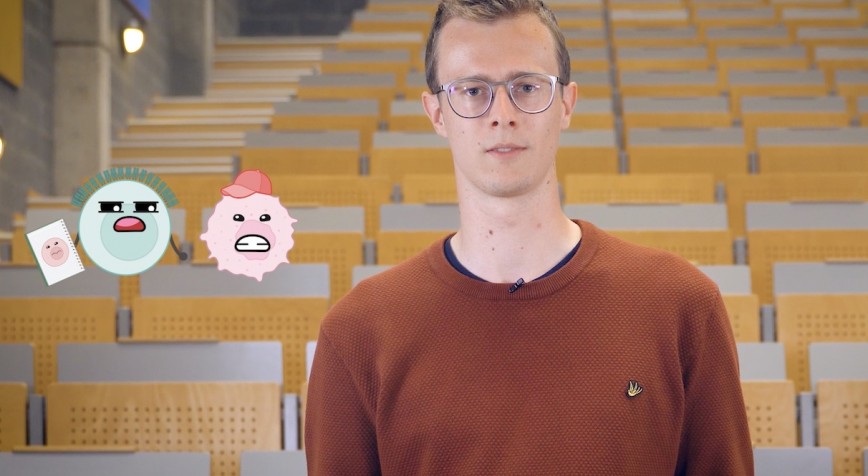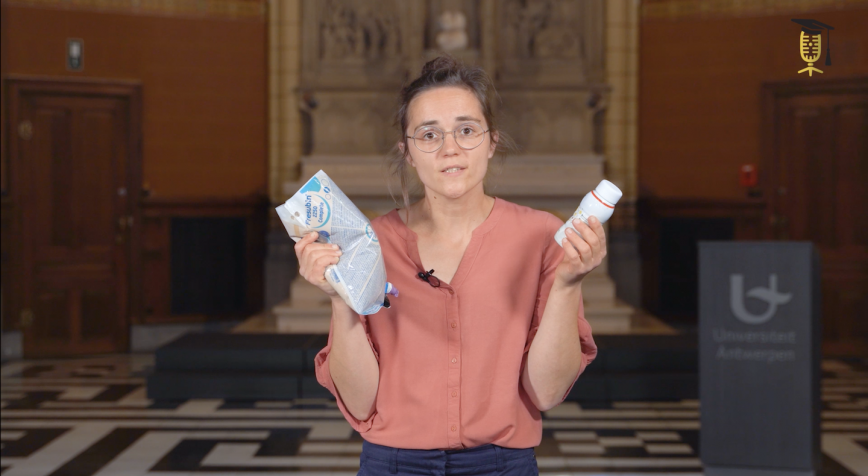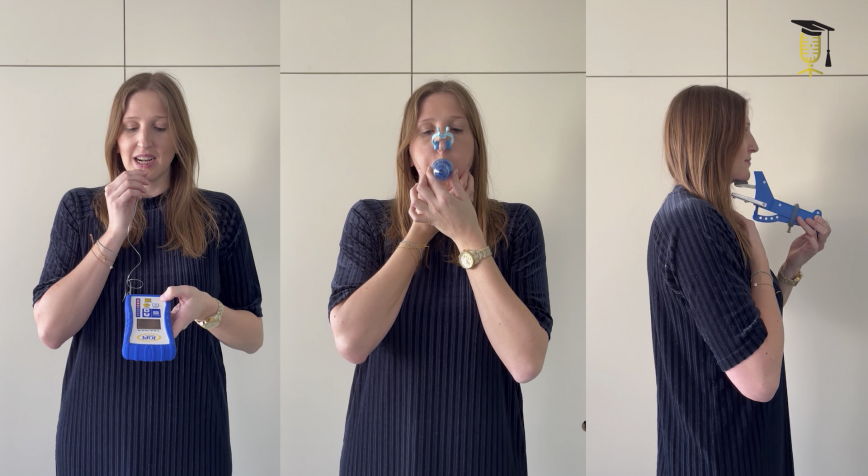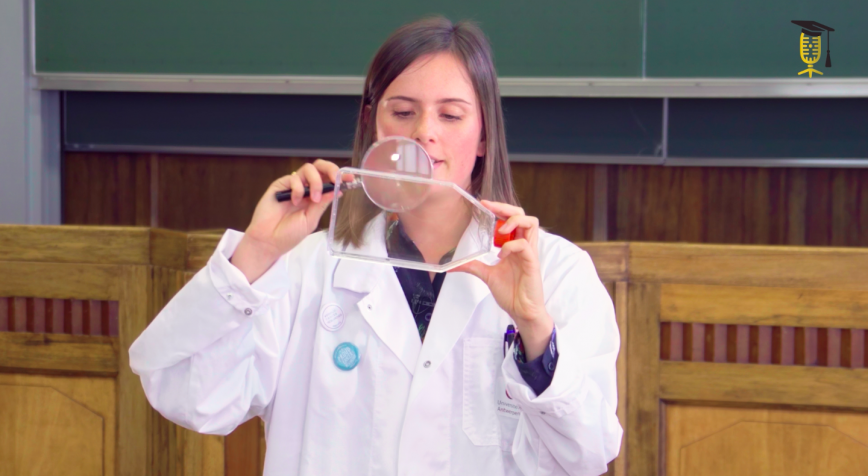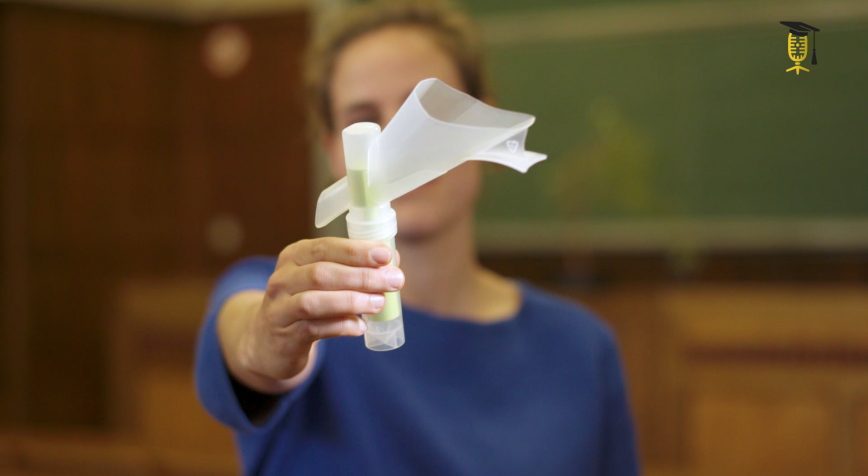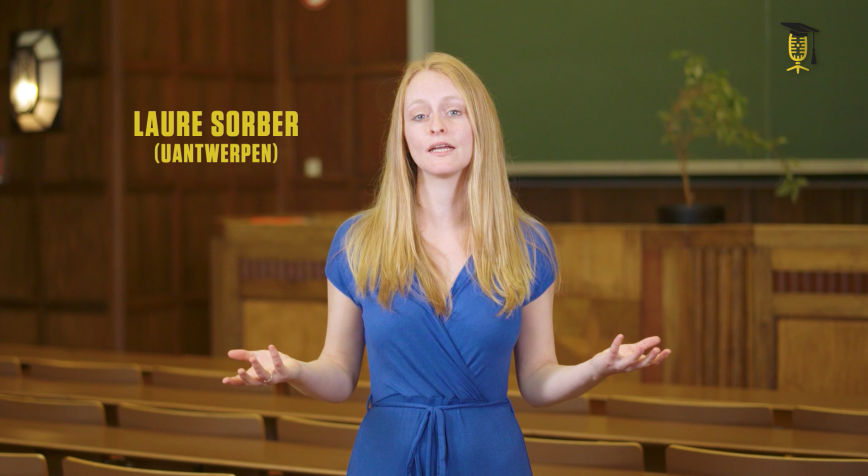
KU Leuven
UHasselt
VITO
Early messengers in the blood alert us to lung cancer
Anyone who has ever looked for Waldo knows how hard he is to find. In her research on lung cancer, Rebekka Van Hoof (Uhasselt - KU Leuven - VITO) faces a similar task: she is searching within more than 100,000 so-called extracellular vesicles for 2 types -say 'Waldos'- that can help detect the disease early. But she is determined to narrow her search field. How? Watch her explain it in this video.
